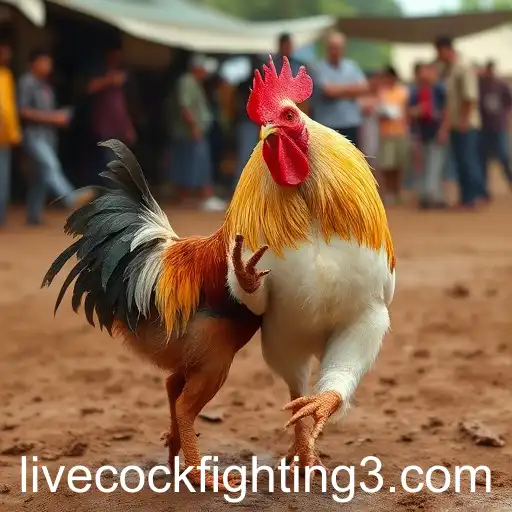
The emergence of questionable content on English gaming websites sparks widespread debate.
In recent years, the gaming industry has seen exponential growth, spurred by advances in technology and an expanding online community. However, this growth has not been without controversy. An English game website has recently come under scrutiny following the discovery of 'live cockfighting' as a keyword associated with its platform. This revelation has sparked debates across multiple sectors, raising questions about the legalities and ethical implications of game content that seemingly promotes animal cruelty.
The presence of 'live cockfighting' as a keyword has alarmed animal rights activists who argue that such content, even if virtual, glamorizes and normalizes a practice that is banned and considered inhumane in many parts of the world. These concerns have led to calls for stricter regulations and more robust content moderation by online gaming platforms to ensure that such content does not inadvertently promote illegal activities.
In response to the public outcry, the gaming website issued a statement claiming that 'live cockfighting' was not a deliberate choice and promised to review its content categorization protocols. They assured users and regulators that the keyword was mistakenly tagged and committed to removing any content that might encourage illegal activities. Despite these promises, the incident has sparked a broader discussion about the responsibility of game developers and platforms in curating content that is both entertaining and responsible.
This incident also underscores the dynamic challenges faced by the gaming industry as it navigates a constantly evolving digital landscape. As gaming becomes more mainstream, developers are increasingly accountable to a diverse audience with varying expectations about the kind of content that is appropriate. Furthermore, the ability of users to access global content with relative ease compels companies to align their offerings with international laws and ethical standards, making content moderation an increasingly complex task.
The ongoing debate surrounding this issue highlights the intersection of gaming, culture, and law in the digital age. While the keyword error may have been an oversight, it exemplifies the potential pitfalls that gaming platforms must guard against. The need for a balanced approach that respects free expression while preventing potential harm is clear, and achieving this balance will be crucial for the sustainable growth of the gaming industry.




